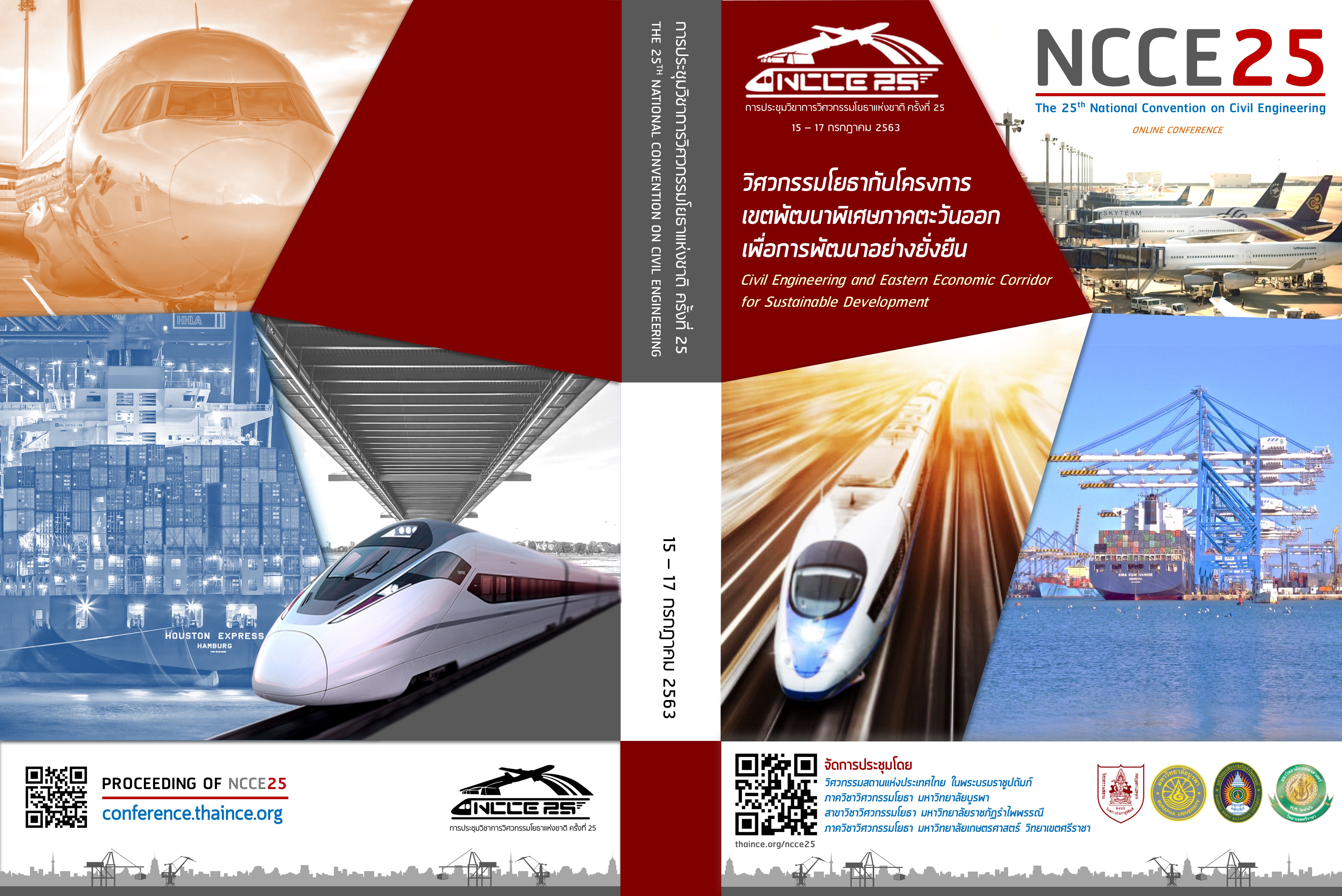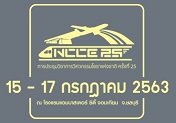Sensitivity Analysis of Public Private Partnership Models for Thailand’s EEC Highspeed Rails
Keywords:
Public Private Partnership, High-Speed Rail Linking 3 Airports, Project Risk, Project Benefit, Traditional Approach, Whole Life CycleAbstract
PPP (Public Private Partnership) becomes more common and popular nowadays due to the limitation of the budget of governments. Therefore, PPP is used as a tool to invest in infrastructure projects. Although PP has advantages, it has risks of applying PPP and they have to be considered carefully. This study uses the High-Speed Rail Linking 3 Airports, Thailand, as a case study and aims to study on the sensitivity analysis by considering the benefits and risks of PPP compared to the traditional approach. Construction phase and operation phase are considered because they are different in terms of cost and revenue when the project is managed as PPP and the traditional approach. An analysis is conducted by official documentation analysis, a financial analysis, and content analysis. Results from the study show that the construction cost is more sensitive affecting the achievement of the project than the revenue. Although PPP can overcome some limitations and provide some benefits which the traditional approach cannot do, there are also risks because PPP is more complex than the traditional approach which results in complex costs. To optimize the application of PPP, a good plan and practice are required. In addition, the government and the private sector must have a good collaboration to make sure that the project will provide a satisfying outcome.
Downloads
Downloads
Published
How to Cite
Issue
Section
Categories
License
บทความทั้งหมดที่ได้รับการคัดเลือกให้นำเสนอผลงานในการประชุมวิชาการวิศวกรรมโยธาแห่งชาติ ครั้งที่ 25 นี้ เป็นลิขสิทธิ์ของ วิศวกรรมสถานแห่งประเทศไทย ในพระบรมราชูปถัมภ์



